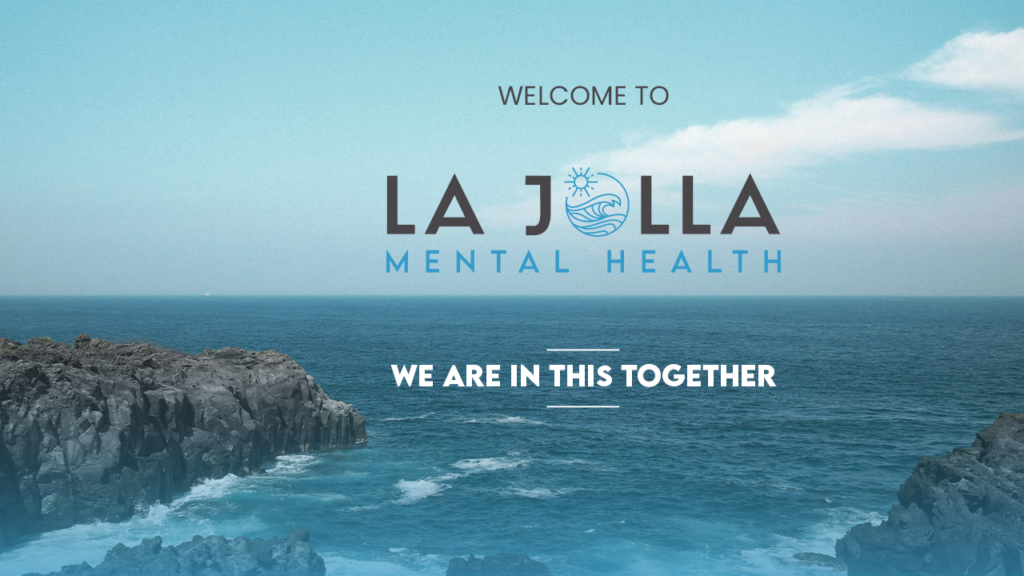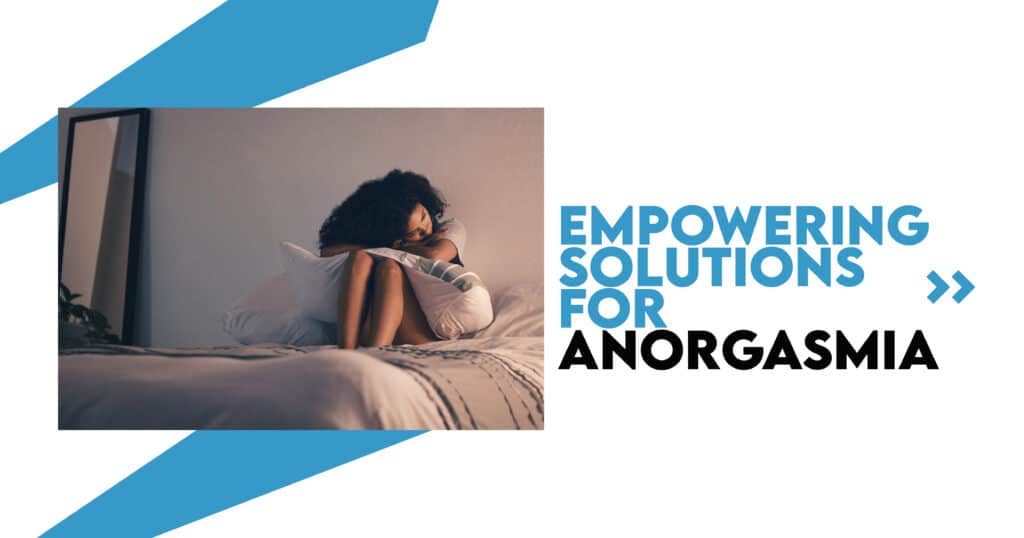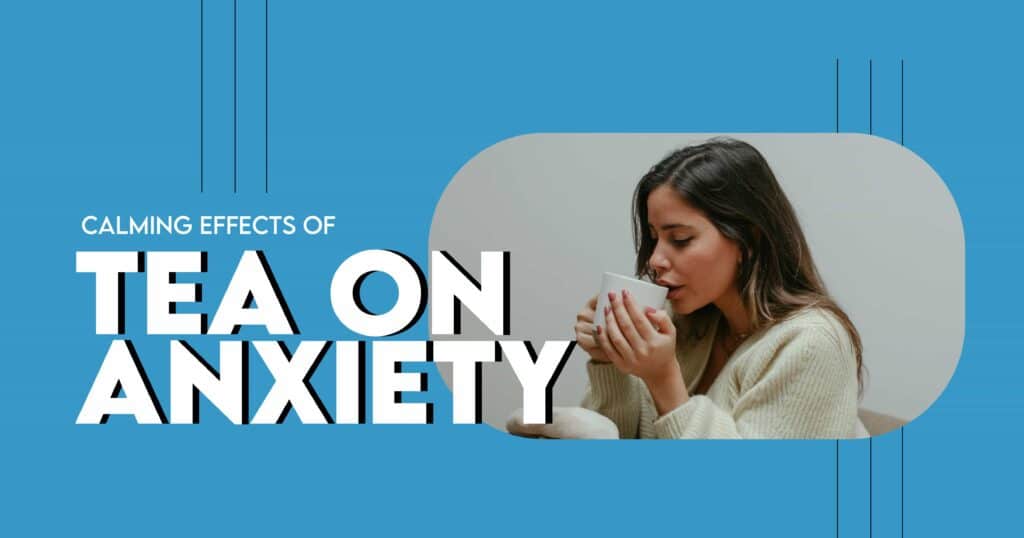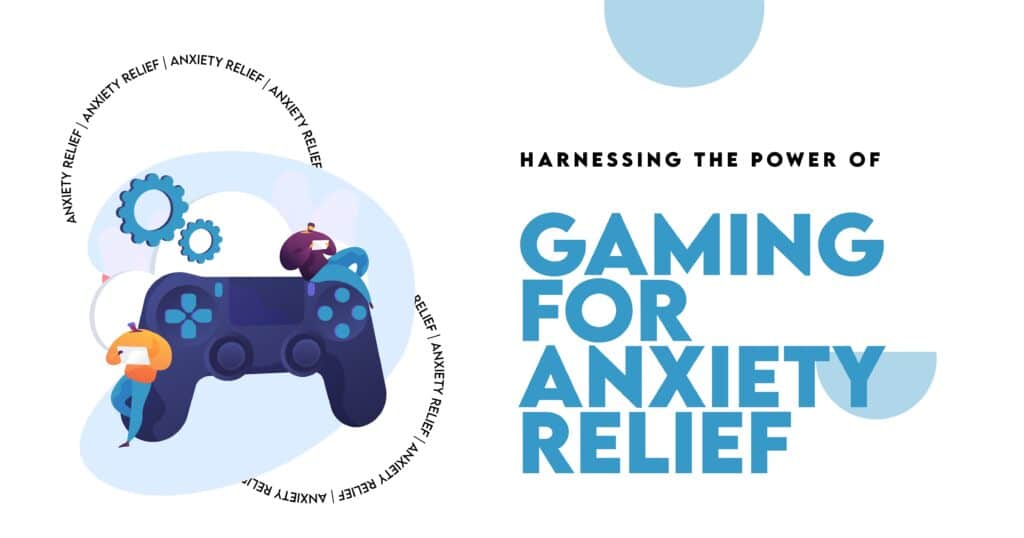Sexual wellness is an essential part of overall mental and emotional health. However, many individuals, particularly women, struggle silently with anorgasmia, a condition characterized by the persistent inability to achieve orgasm despite adequate arousal and stimulation.
This condition can cause distress, low self-esteem, and strained relationships. At La Jolla Mental Health, we offer empowering solutions for anorgasmia, addressing the physical and psychological factors involved. If you’re searching for help with anorgasmia, you’re not alone, and effective, compassionate support is available.
Understanding Anorgasmia and Its Complex Causes
Anorgasmia is more than just a temporary issue with pleasure; it’s a clinical condition that often stems from a range of factors. For some, it may be lifelong, meaning they’ve never experienced an orgasm. For others, it may be acquired later in life, possibly due to trauma, health issues, or changes in a relationship.
Anorgasmia causes are typically classified into four types:
| Type of Anorgasmia | Description |
| Lifelong Anorgasmia | The individual has never had an orgasm. |
| Acquired Anorgasmia | Orgasm was possible previously, but is no longer experienced. |
| Situational Anorgasmia | Orgasms only occur under specific conditions or with particular partners. |
| Generalized Anorgasmia | Inability to orgasm in all situations, with all forms of stimulation. |
Contributing anorgasmia symptoms can include chronic stress, anxiety, depression, hormonal imbalances, side effects from medications like antidepressants, or unresolved trauma. Understanding these underlying issues is the first step toward finding lasting anorgasmia solutions.
Recognizing the Signs of Anorgasmia
Many individuals struggle with anorgasmia without realizing it’s a condition that can be treated. The signs are not always obvious. If you consistently experience the following issues, you may benefit from professional anorgasmia counseling:
- Inability to reach orgasm despite feeling aroused.
- Sexual frustration or dissatisfaction.
- Emotional distress around intimacy.
- Decreased sexual desire due to past difficulties with orgasm.
It’s important to acknowledge these symptoms without shame. They’re more common than many realize and often linked to treatable emotional and physical factors.
Effective Treatment Options for Anorgasmia
Finding the proper treatment for anorgasmia requires a holistic approach. While medication may play a role in some cases, especially if hormonal or neurological issues are involved, therapy is often the cornerstone of successful treatment.
There are several routes individuals can explore:
- Cognitive Behavioral Therapy (CBT). Helps reframe negative thought patterns related to sex and intimacy.
- Sex Therapy. A focused approach that addresses sexual dysfunction through guided exercises and communication.
- Mindfulness Practices. Proven to improve sexual satisfaction by reducing anxiety and increasing body awareness.
- Medication Adjustments. For individuals whose anorgasmia is medication-induced (especially SSRI-related), changing or tapering medication under supervision can help.
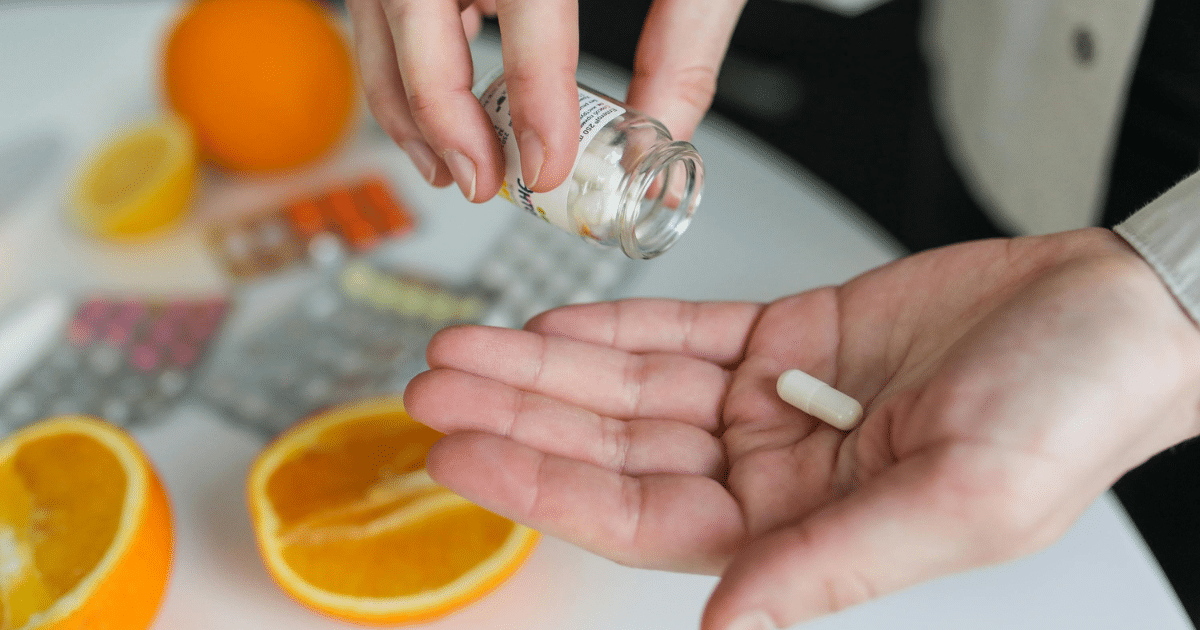
The Mayo Clinic provides detailed medical insights and treatment considerations for sexual dysfunction, including therapy and medication adjustments.
Role of Behavioral Therapy in Addressing Psychological Blocks
Behavioral therapy plays a vital role in managing the cognitive and emotional factors that contribute to anorgasmia. Often, people develop psychological barriers related to sexual performance or past trauma. These barriers can prevent the brain from allowing the body to relax into orgasm.
Behavioral therapy can help individuals:
- Identify emotional blocks.
- Address performance anxiety.
- Reframe expectations and guilt tied to sexual expression.
- Reconnect with the body through guided techniques and sensory awareness exercises.
For individuals dealing with trauma, combining behavioral therapy with trauma-focused modalities like EMDR (Eye Movement Desensitization and Reprocessing) may accelerate healing and support recovery of healthy sexual function.
Supportive Strategies for Overcoming Anorgasmia
Overcoming anorgasmia is not only about treatment, it’s also about support. The right tools, mindset, and environment can make a significant difference. Below are supportive strategies that can enhance your healing journey:
- Practice Open Communication. Talking about needs and experiences with a partner can reduce pressure and build intimacy.
- Educate Yourself. Learning about sexual response cycles and anatomy increases self-awareness and confidence.
- Be Patient With Yourself. Healing isn’t linear. Celebrate small progress instead of fixating on outcomes.
- Use Body-Positive Tools. Devices like vibrators can help enhance self-exploration and stimulate nerve endings non-pressured.
- Seek Community. Online forums and support groups (such as Scarleteen and OMGyes) offer safe, shame-free spaces to learn from others’ experiences.
Importance of Mental Health Support in Healing
Mental health plays a pivotal role in sexual function. Anxiety, depression, PTSD, and self-esteem issues are often silent contributors to anorgasmia. At La Jolla Mental Health, we emphasize a trauma-informed, compassionate approach, acknowledging each person’s full emotional landscape.
Therapeutic Approaches to Address Underlying Psychological Factors
Through anorgasmia therapy, clients can uncover and process deep-seated emotional challenges, including:
- Past abuse or trauma.
- Cultural or religious shame around sexuality.
- Internalized anxiety about performance.
- Body image issues.
Working with a therapist helps create a safe, judgment-free environment to explore these sensitive topics. Techniques like narrative therapy, somatic therapy, and dialectical behavior therapy (DBT) can further deepen the healing process. The American Psychological Association (APA) covers research-backed psychological treatments and guidance on addressing sexual dysfunction.
Medical and Lifestyle Interventions for Improved Sexual Function
Sometimes, anorgasmia solutions involve medical and lifestyle interventions. Hormonal imbalances, especially low estrogen or testosterone, can interfere with orgasm. In such cases, healthcare providers might suggest:
- Hormone replacement therapy (HRT).
- Pelvic floor physical therapy.
- Adjusting or changing medications.
- Sleep hygiene improvements.
- Regular physical activity and nutrition-focused changes.
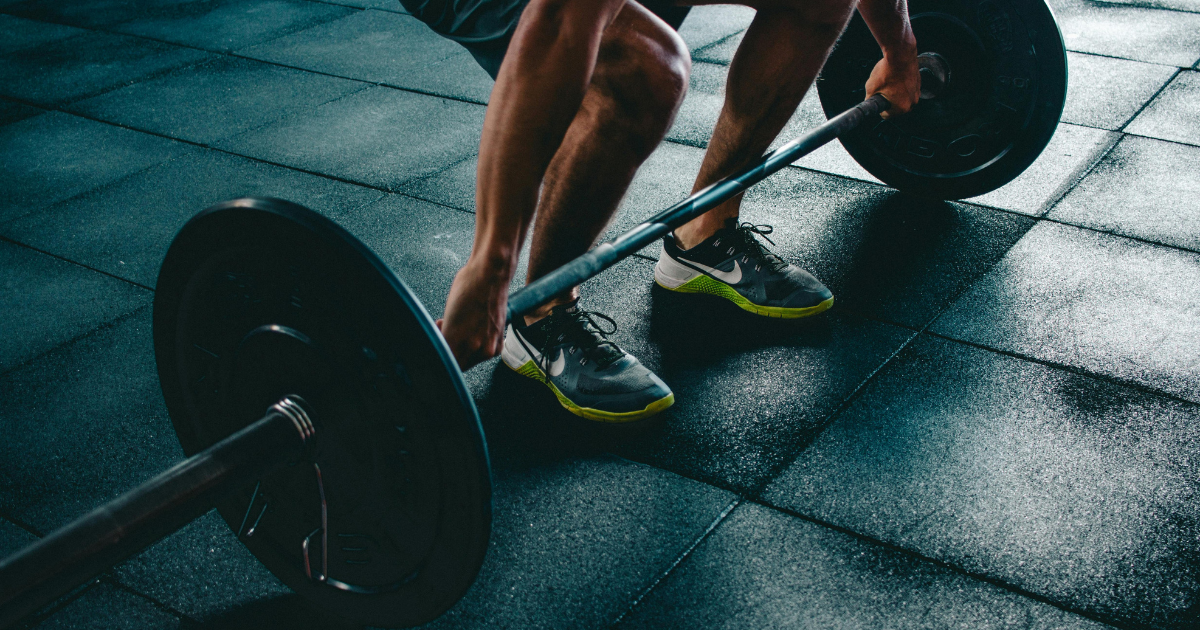
A combination of psychological and physical interventions is often the most effective treatment for anorgasmia.
Developing Healthy Coping Mechanisms
Recovery isn’t just about reaching orgasm; it’s about reclaiming agency over your body, emotions, and intimacy. Developing healthy coping mechanisms can reduce frustration and rebuild self-confidence.
Some strategies include:
- Journaling to process emotional experiences.
- Mindful meditation focuses on body connection.
- Practicing self-compassion.
- Engaging in creative activities that promote self-expression.
- Setting achievable goals for intimacy and self-exploration.
These practices promote a positive mental space where healing can flourish.
Start Your Anorgasmia Recovery Journey With La Jolla Mental Health
You deserve to experience a fulfilling, connected, and satisfying intimate life. At La Jolla Mental Health, we understand the complexity of anorgasmia and tailor our therapies to meet your needs. Whether you’re struggling due to medical issues, emotional barriers, or relationship concerns, our expert team offers compassionate, research-backed care.
If you’re ready to explore anorgasmia therapy, counseling, and holistic solutions, we invite you to begin your journey with us today. Visit La Jolla Mental Health to learn more or schedule a consultation. Together, we can find the right anorgasmia support for your healing path.
FAQs
- What are the common causes of anorgasmia, and how can they be addressed through therapy?
Common causes include psychological trauma, medication side effects, hormonal imbalances, and emotional disconnect. Therapy can address these by helping individuals process trauma, reframe limiting beliefs, and improve communication and intimacy skills.
- How can therapy and counseling provide support for individuals experiencing anorgasmia symptoms?
Therapy helps individuals understand the emotional and psychological roots of their symptoms while offering practical strategies to re-establish trust in their bodies and relationships.
- What are the most effective treatment options available for overcoming anorgasmia?
Effective options include sex therapy, behavioral therapy, hormone treatments, and mindfulness-based practices. A combination of physical and emotional interventions typically yields the best results.
- How can building a support system aid in finding solutions for anorgasmia?
A supportive network encourages openness, reduces shame, and creates a nurturing environment where individuals feel safe to explore their needs and healing journey.
- What are the first steps someone should take when seeking anorgasmia treatment and support?
Begin by consulting a therapist or sexual health specialist. A tailored plan involving therapy, medical evaluation, and emotional support can be developed from there.
